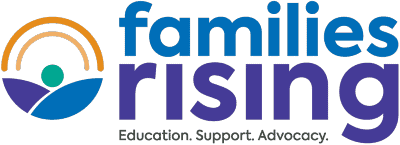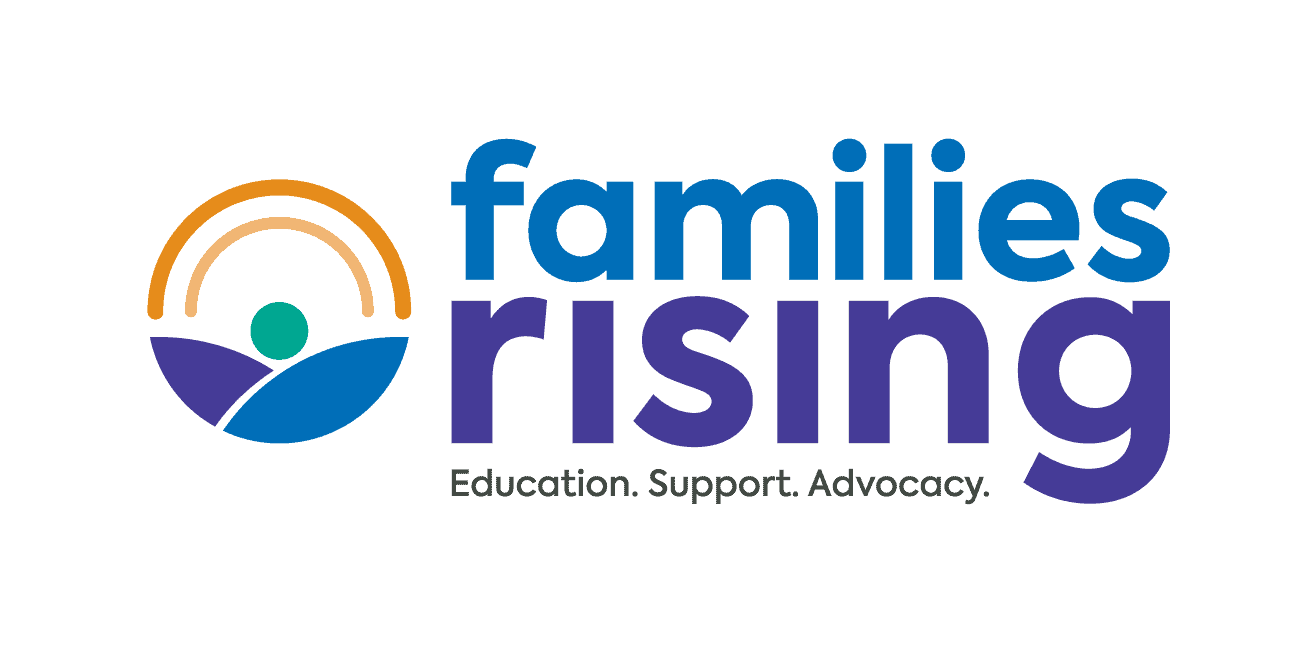
Parents who adopt older children from foster care often do not have as many years to save for the child’s college education. The good news is that there are programs in place that may help these youth pay for education.
Federal Programs
Since July 2009, children who were adopted from foster care at age 13 or older are considered on the Free Application for Federal Student Aid (FAFSA) to be an independent student, which means they don’t have to count family income and are more likely to qualify for financial aid. You can access various ways to apply for FAFSA at https://fafsa.ed.gov/options.htm.
Youth who are adopted from the foster care system at age 16 or older may be able to access Education and Training Voucher (ETV) assistance, which provides up to $5,000 per year for youth who are in college or at an accredited vocational or technical training program. These programs are administered at the state level using federal funds. To find information about this program in your state, visit http://www.fc2sprograms.org/.
Additional Programs
The following states have specific programs to support children adopted from foster care. College tuition waiver programs are the most supportive, but some states also have scholarship programs. Most of the programs described below are also for youth who are still in foster care at high school completion.
In addition, some schools offer special scholarships for children who were adopted, and parents or youth should contact schools directly to ask about options. For example, the Dr. Gregory Keck Scholarship in Social Work at the University of Akron offers a preference to students who had been in foster care or were adopted.
Tuition Waivers
| Connecticut | The Department of Children and Families will provide financial assistance for any child adopted from DCF foster care after December 31, 2004 toward the cost of any post-high school degree or accredited program that the adopted child is accepted into, provided the child attends full time. The waiver can be up to the annual cost of the University of Connecticut, including tuition, fees, and room and board. More information can be obtained from the DCF Subsidy Unit. |
| Florida | Children adopted from DCF custody after May 5, 1997, are exempt from all undergraduate fees (including registration, matriculation, and laboratory fees associated with enrollment in college preparatory instruction, the completion of the college level communication and computation skills testing program) in the State Community College System, the State University System, and other adult general education programs. |
| Kentucky | All full-time students who were adopted from foster care in Kentucky will have tuition and mandatory fees waived for any public postsecondary institution, including all four-year universities and colleges and institutions of the Kentucky Community and Technical College System. |
| Maine | Any youth who was in the custody of the DHS and received adoption assistance at the time that she graduated from high school or successfully completed a general educational development (GED) examination or its equivalent may attend any state post-secondary educational institution free of tuition charges. |
| Maryland | Maryland waives tuition (anything else?) for youth who:
The waiver is good for five years after first year enrolling. The waiver does not pay for a training program, nor does it cover the cost of books or transportation. |
| Massachusetts | Since 2000, any child adopted from DSS by a resident of Massachusetts or an employee of the Commonwealth will have 100 percent of the tuition for state-supported undergraduate courses waived until the person reaches her 24th birthday. This benefit applies to all state colleges and universities, as well as community colleges. A copy of the person’s birth certificate must accompany the request. http://www.osfa.mass.edu/default.asp?page=adoptedChildWaiver |
| Texas | Since September 1, 2003, any child who was adopted AND whose parents had an adoption assistance agreement with DFPS is exempt from the payment of tuition and fees at state-supported colleges and universities. |
| Virginia | The Great Expectations Tuition Grant program provides tuition and fees at any Virginia community college for children considered a special needs adoption. For more information, visit http://greatexpectations.vccs.edu/ |
Other Scholarship Programs
| Delaware | Delaware offers a scholarship program for youth who had been in foster care. Adopted children can apply, but family income is considered. Learn more at http://www.courts.delaware.gov/cprb/ (then click on Scholarship). |
| Illinois | The Department of Child and Family Services may award up to 48 scholarships per year to children who are in foster care, who were adopted from DFS’s custody, or who are in subsidized guardianship placements. |
| New Jersey | New Jersey offers a college scholarship program for foster youth and youth adopted after age 12. Contact Foster and Adoptive Family Services (FAFS) at 800-222-0047 (ask for the scholarship department), scholarship@FAFSonline.org, or www.fafsonline.org/Scholarship.html |
| Oklahoma | If students are enrolled in Oklahoma Higher Education Access Program (OHLAP) during the 8th, 9th or 10th grade year of their education, maintain a 2.5 GPA, and meet behavioral requirements, tuition expenses are paid for at any public Oklahoma state college or university. OHLAP has a family income component, but this is waived for foster youth. Once a youth is enrolled in the program, she is eligible even if she is adopted and the adoptive family has a higher income. |
| Oregon | Children who were a ward of the court and in the legal custody of the state for at least 12 months between age 16 and 21 are able to apply for the Former Foster Children Scholarship. For more information, contact 800-452-8807 x 7395. |


